WOBO welcomes the promotion and advancements relating to energy and resources provided by “edie”.
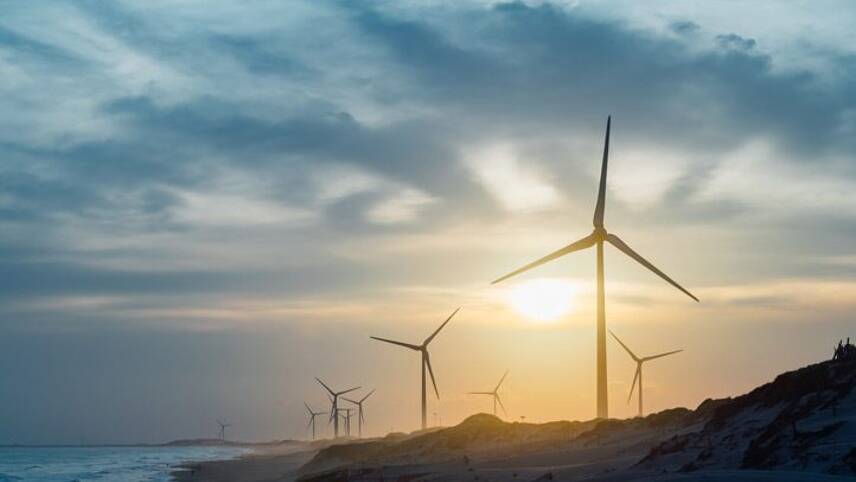
Why the benefits of trebling renewables by 2030 outweigh potential negatives
The new ‘Renewable Energy and Sustainability report (RESR)’ examines the negative impacts of expanding renewables, focusing on issues like land and water use, biodiversity and human rights.
It assesses a situation in which global renewable energy generation capacity is trebled – a vision backed by more than 100 nations at the recent COP28 summit in Dubai.
The REN21 analysis stems from crowd-sourced data and input from a range of stakeholders including environmentalists, industry leaders and human rights organisations.
The report emphasises that renewable energy technologies are less extractive than fossil fuels even though they require materials such as cobalt and lithium.
In 2021 alone, fossil fuel extraction surpassed billions of tonnes, far exceeding the relatively minimal material extraction for renewables.

Registration open for edie’s free online events on supply chain sustainability
As businesses forge ahead with their net-zero ambitions these sessions explore the brands leading on value chain management, what the key steps to success are and what challenges are on the horizon for 2024.
This webinar will provide best practice case study and analysis of new trends in supply chain data collection, management and collaboration, covering everything from procurement practices to Scope 3 data collection.
Backed up by real-life case studies, this edie webinar and masterclass unite a selection of sustainability and supply chain experts to showcase how organisations large and small can take their supply chain sustainability strategy onto the next level
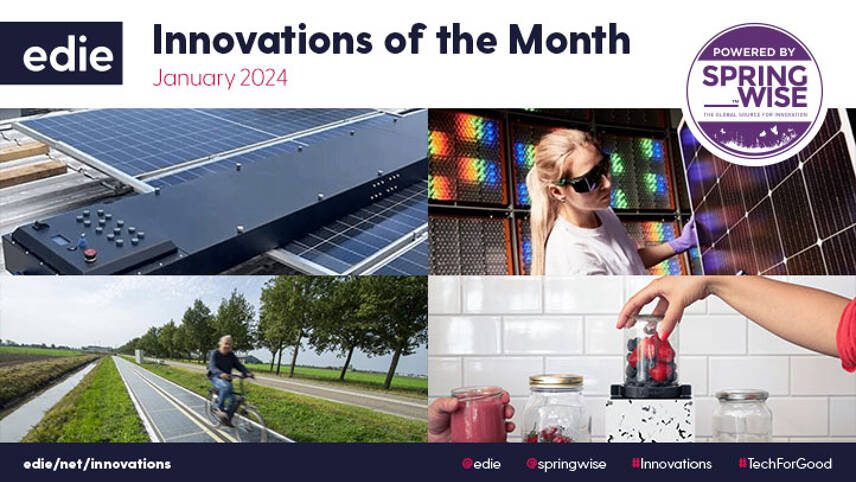
In 2023, around three-quarters of global renewable energy capacity additions came in the form of solar power, and the International Energy Agency (IEA) forecasts that this energy source will continue to account for the lion’s share of new renewable energy capacity to the end of the decade.
Improvements in the efficiency of solar power are, therefore, a big deal. Our first innovation this month is a next-generation solar panel that has set a new standard for solar conversion efficiency. Elsewhere, another startup is focused on solar panel performance in a different way – it has developed a technology that rejuvenates old solar panels, mitigating degradation from wear and tear.
Other innovators are looking to optimise solar power in different ways. Our third innovation is bringing solar power to underutilised commercial spaces through panels that can withstand being walked, driven, and cycled on. Meanwhile, solar cells could also provide power indoors, and our fourth innovation is a new type of ‘double-sided’ solar technology that is being used to create battery-free connected devices.

MPs push Government for clear heatwave resilience plan to save lives, boost economy
MPs on the Environmental Audit Committee (EAC) are this week pressing the UK Government to follow through on its Global Cooling Pledge commitment made at COP28 in Dubai last month. This compels the Government to develop a national cooling action plan with time-bound, new commitments.
Such a plan could help the UK mitigate public health risks, the EAC is emphasising.
In conducting its inquiry into the UK’s heat resilience, the Committee heard that heatwaves could claim 10,000 lives annually in the UK without concerted action. Deaths would be higher among vulnerable groups including the elderly and those in poor-quality housing.
Those dealing with existing mental or physical health conditions are also more vulnerable, the Committee heard, with previous tracking of suicide risks in the UK showing a doubling when summer days exceed 32C, compared with 22C levels.

Ireland Introduces national Deposit Return Scheme
Ireland has launched its Deposit Return Scheme (DRS), a nationwide initiative offering incentives for recycling plastic drinks bottles and aluminium cans. This increases pressure on the UK Government to follow suit.
From today (1 February), when a customer purchases a drink in a plastic bottle or aluminium can bearing the Re-turn logo, they will be charged a small deposit in addition to the drink’s price. Upon returning their empty and undamaged container to any participating retail outlet, the customer will receive a full refund of their deposit.
Containers ranging from 150ml to 500ml will incur a 15-cent deposit, while containers between 500ml and 3 litres will have a 25-cent deposit.
Nearly five million drinks are consumed in single-use containers in Ireland daily.
The DRS, part of the Programme for Government 2020, seeks to substantially reduce the volume of littered bottles and cans, as well as those sent to landfills or incineration.
Minister of State at the Department of Public Expenditure Ossian Smyth said: “We know DRS works —it operates effectively in more than 40 countries around the world, including 15 in Europe, where the average EU collection rate is 92%.
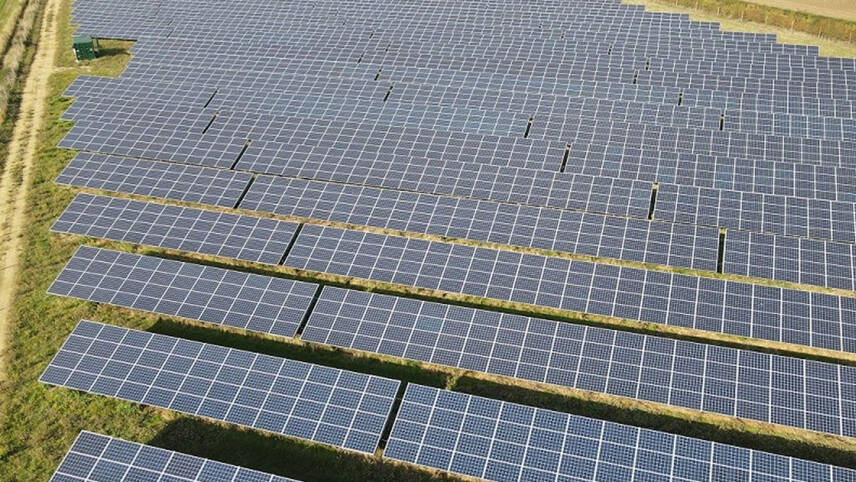
Britvic taps solar farm on former quarry in Northamptonshire
Soft drinks firm Britvic is now sourcing 75% of the electricity needed for its manufacturing processes from a new 160-acre solar farm in Northamptonshire, which features double-sided solar panels.
Britvic will procure renewable electricity from the 3.1GW solar site, which entered operations this week, through a ten-year power purchase agreement (PPA) with Squeaky Clean Energy and Atrato Onsite Energy.
The electricity will be used at Britvic’s factories in Rugby, London and Leeds, accounting for three-quarters of its electricity needs for manufacturing in Britain.
It is hoped that the solar array can be scaled up in time to account for 100% of Britvic’s operational electricity needs.
The solar project notably sits on a disused quarry site and makes use of double-sided solar panels to maximise efficiency. These panels use tracking devices to follow the sun and boast a 10% efficiency boost.
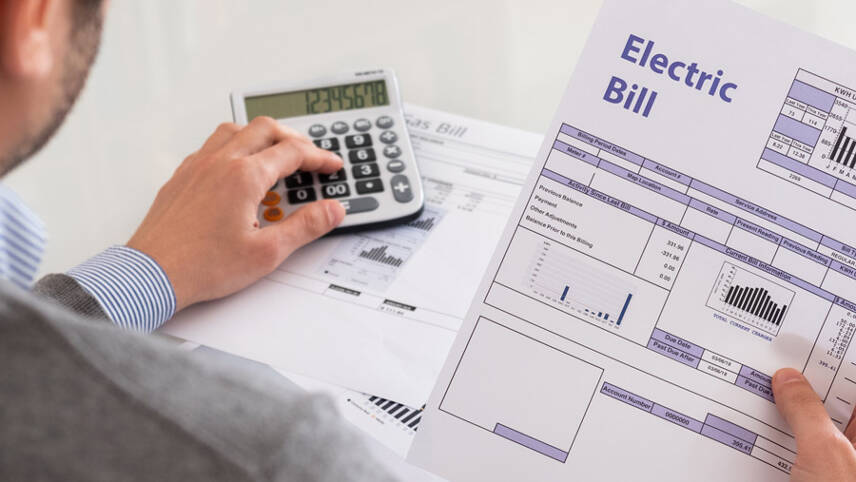
British businesses struggling to find right solutions to cut energy costs, survey finds
New research has revealed that the UK businesses are grappling with soaring energy costs against a backdrop of environmental imperatives, with more than half identifying a lack of immediate solutions as the foremost barrier impeding efforts to address high energy costs effectively.
This is according to a new survey of 750 UK organisations, conducted by PwC in November and December 2023. The respondents included businesses from both the private and public sectors, operating across various industries.
The survey underscores the tangible impact of escalating energy expenses on businesses, with 77% of survey respondents indicating that they have had to raise the price of their products and services over the past two years due to energy-related expenditures.
Moreover, 81% anticipate further price hikes within the next two years, while 72% foresee negative repercussions on profits and 71% express concerns about diminished international competitiveness.
Despite receiving Government support, deemed indispensable for survival by a quarter of respondents, businesses continue to grapple with the formidable challenge of mitigating energy costs.
Last year, the Government announced new funding for businesses to help them manage the costs of their energy bills from April 2023 to March this year.
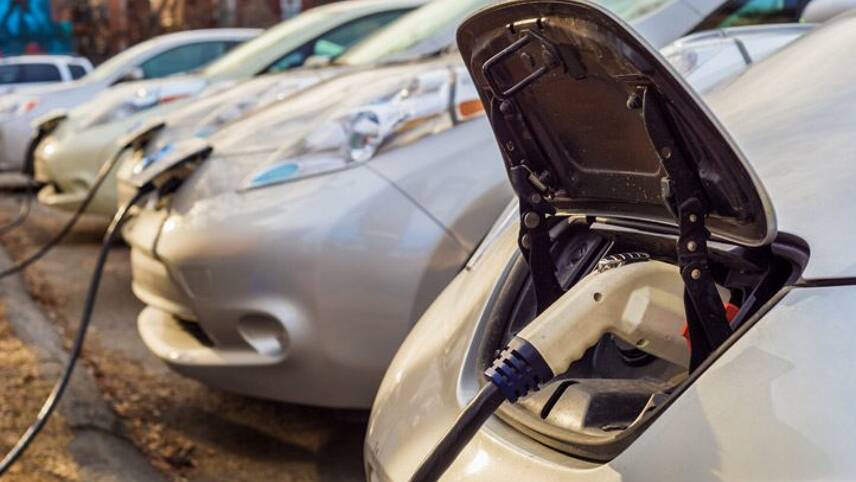
UK Government launches new initiatives to accelerate EV chargepoints rollout
The Department for Transport (DfT) has announced new measures to accelerate the installation of electric vehicle (EV) chargepoints including grants for state-funded schools and nurseries, funds for local authorities and new proposals to boost chargepoint numbers.

Morrisons inks £2.5bn forecourt deal including rapid EV charging
Motor Fuel Group looks set invest £2.5bn in a takeover of more than 330 of Morrisons’ petrol forecourts that will see hundreds of rapid electric vehicle (EV) charging points installed this decade.
The two firms have entered into a new strategic partnership touted as a milestone in preparing the UK’s network of public EV chargers for an outright ban on new petrol and diesel car and van sales in 2035.
Under the deal, Motor Fuel Group will acquire 337 of Morrisons’ petrol forecourts and will set about installing 800 ultra-rapid EV chargers within five years. The 150kW chargers will be suitable for all models and can add up to 100 miles of range in ten minutes.
Motor Fuel Group is also proposing improvements to the convenience proposition of the forecourts and will add valeting facilities to some locations.
Motor Fuel Group already operates EV charging infrastructure at more than 1,300 sites across the UK and has set aside £400m for further additions to its own forecourts, excluding the former Morrisons sites, this decade.
